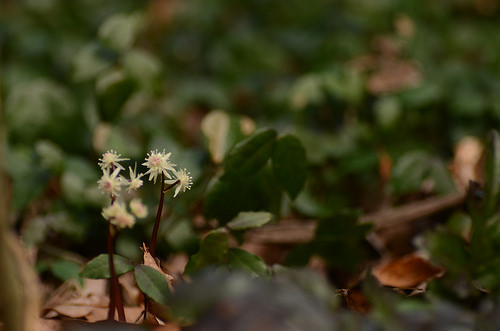
‘Coptis Japonica,’ by yukin_74 [flickr.com/112277123@N07]. License https://creativecommons.org/licenses/by-nc/2.0/
Coptis and phellodenron are used in Chinese medicine for infections, inflammation and ulcerative conditions. Both herbs are antibacterial, while coptis is also antiviral and antifungal. Because these herbs are so effective at treating virulent conditions, it would be unfortunate if their use were restricted. In fact, I recommend adding huang lian su (coptis tablets) to your travel kit, in case of dysentery.
The rationale for the Singapore prohibition was that berberine presented a risk to babies with the genetic disorder, glucose-6-phosphate dehydrogenase (G6PD) deficiency. These individuals were deemed at risk of their blood cells breaking down when exposed to berberine, leading to anemia.
However, the Health Sciences Authority (HSA) of Singapore—a regulatory body similar to the United States FDA—is fully lifting the berberine ban due to lack of evidence of safety concerns (Ref. Singapore HSA). Though, in disclaimer-fashion, they still recommend caution when using it with some individuals.
Note that while retailers were previously banned from selling berberine products, Chinese medicine practitioners were still able to provide the related herbs for medicinal purposes. This is a reasonable policy, as Chinese medicine practitioners are equipped with the knowledge base and clinical experience to deliberate the risks versus rewards in the use of these medicines.
A similar scenario exists in the U.S. regarding the use of ma huang (ephedra). That is, ephedra-containing products are banned by the FDA (due to risk of heart conditions and seizures), although Chinese medicine practitioners are still allowed to supply ephedra for medicinal purposes (Ref. American Botanical Council). As in Singapore, the rationale is that Chinese medicine practitioners have the expertise to prescribe ephedra under safe conditions.
Carl is a former engineer who applies rational thought to the often subjective nature of traditional healing. He practices acupuncture in San Diego, CA.
